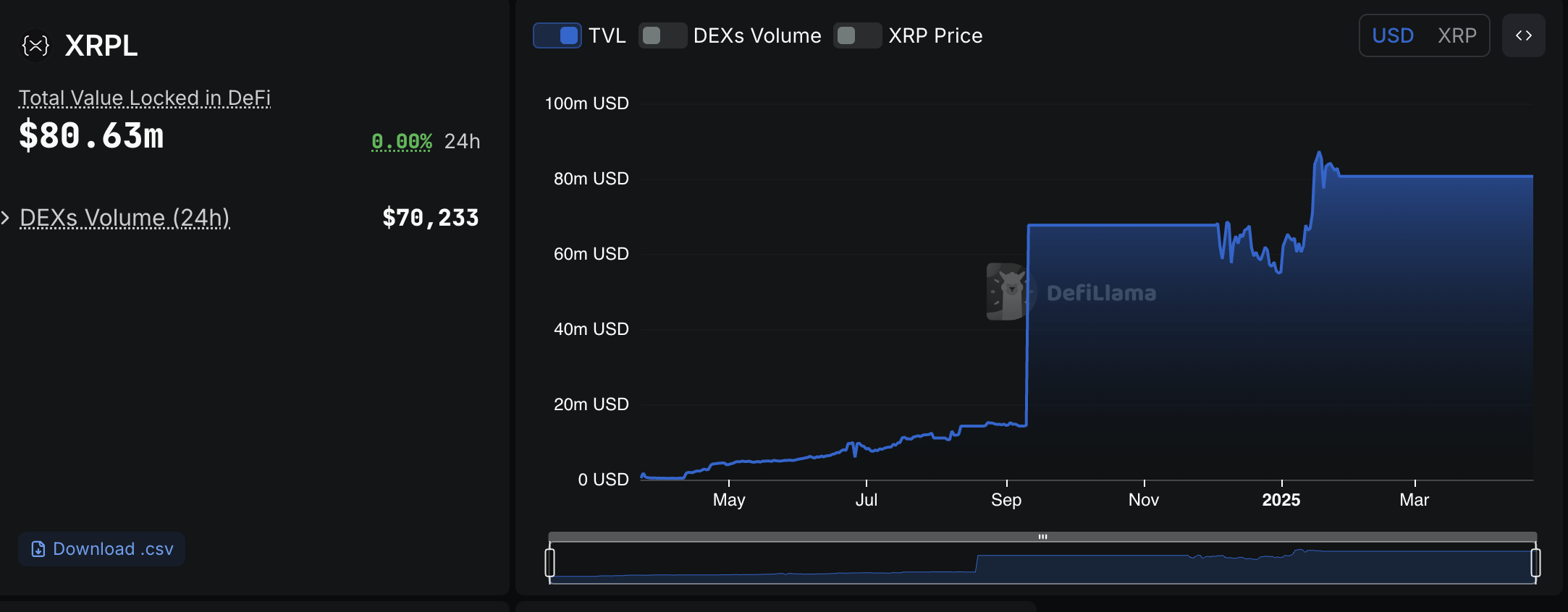The term “metaverse” has been tossed around with reckless abandon over the past few years. From flashy product launches to corporate rebrands, the idea of persistent virtual worlds where people live, work, and play has captured mainstream attention—only to fizzle under the weight of speculation, half-baked platforms, and cartoonish avatars.
Many now see the metaverse as nothing more than a marketing gimmick or a niche playground for gamers and tech bros.
But that perception misses a deeper truth: the metaverse isn’t a gimmick—it’s a technological layer still in its early, awkward adolescence.
What matters isn’t how it looks today, but what it enables tomorrow, especially when paired with Web3 and decentralized infrastructure. The ongoing evolution of the metaverse reveals practical applications already taking shape across various sectors.
The Early Hype—and Its Fallout
The first wave of metaverse hype made big promises:
- Innovative Virtual meetings would replace offices resulting in business growth.
- Avatars would represent us in every aspect of digital life.
- Brands rushed in with NFTs and branded plots of virtual land.
Yet, as Alessio Vinassa, entrepreneur and a key figure in the Web3 space, points out:
“When any new technology is framed as a replacement for the old, it’s destined to disappoint. The metaverse isn’t about replacing reality—it’s about enhancing digital experience through ownership and immersion.”
The problem wasn’t the idea—it was the execution. The metaverse didn’t fail; it simply wasn’t ready.
What the Metaverse Actually Is
At its core, the metaverse is:
- A network of immersive virtual spaces
- Persistent and interoperable (in theory)
- Enhanced by AR/VR, AI, and blockchain
- Social, interactive, and increasingly programmable
It’s not about gimmicky avatars or crypto speculation. It’s about creating and developing digital environments where people can work, learn, collaborate, and express identity—while owning their data and digital assets.
The Role of Blockchain and Web3
Decentralization gives the metaverse a long-term foundation that walled gardens cannot:
- NFTs enable ownership of digital goods—avatars, land, credentials, skins, documents.
- DAOs govern virtual communities with transparency and consensus
- Smart contracts facilitate programmable economies inside immersive platforms.
- Interoperable identity means your digital self isn’t locked into Meta, Roblox, or any one app.
In short, Web3 ensures you don’t just use the metaverse—you can co-own it.
As Alessio Vinassa explains:
“Digital spaces without ownership are digital prisons. Decentralization gives the metaverse its freedom—and its future.”
Real-World Use Cases Emerging Today
While much of the press has focused on gimmicks, real utility is quietly unfolding:
1. Education and Training
Universities and enterprises are using metaverse environments for:
- Virtual labs and simulations
- Immersive language learning
- Soft skills training (e.g., empathy through perspective-shifting VR)
Example: Medical schools using VR to simulate surgeries, improving learning outcomes.
2. Virtual Collaboration for Remote Work
Rather than endless Zoom calls, 3D environments allow for:
- Team meetings with shared spatial context
- Whiteboard sessions, prototyping, and design
- Persistent workspaces that mimic physical offices
Companies like Microsoft are investing in this intersection of XR and productivity.
3. Immersive Commerce
Retailers are experimenting with:
- Virtual showrooms
- Digital try-ons (via AR/VR)
- Metaverse-native goods with NFT-linked real-world perks
It’s not about gimmicks—it’s about experience-driven shopping.
4. Cultural and Social Spaces
Art exhibitions, film festivals, and concerts are already happening in metaverse spaces—especially in platforms like Decentraland and Spatial.
These events often feature NFT ticketing, digital collectibles, and audience interaction.
5. Digital Identity and Expression
The metaverse allows people to explore identities, cultures, and interests in ways the physical world might limit.
Blockchain adds permanence and ownership to that expression, moving beyond just avatars to full digital personhood.
Dispelling the Gimmick Narrative
It’s easy to write off the metaverse as a failed trend. But real technologies evolve behind the scenes, not in the headlines.
- The internet in 1995 looked like a toy.
- Smartphones seemed unnecessary until apps redefined utility.
- Cloud computing was “too abstract” until it became foundational.
The metaverse is simply in the infrastructure phase—still building the roads, power grids, and plumbing before the cities can thrive.
As Alessio Vinassa puts it:
“It’s not about whether the metaverse is hype—it’s about whether we’re asking the right questions. Who builds it, who owns it, and who benefits?”
Key Takeaways
- The metaverse is not just about flashy visuals—it’s about immersive, interactive, and persistent digital experiences.
- Real-world use cases in education, work, commerce, and culture are already proving value.
- Web3 enables user ownership, identity, and governance in the metaverse.
- Skepticism is valid, but confusing early stumbles with failure is shortsighted.
- Visionaries like Alessio Vinassa are helping to guide the metaverse toward sustainable, human-centric design internationally.
Conclusion
The metaverse may have over-promised early on, but it’s far from a failed experiment. It’s a long-term infrastructure shift—one that reimagines how we connect, learn, work, and create in digital spaces.
With decentralization as its backbone and real use cases taking shape, the metaverse is evolving beyond the gimmick into something far more meaningful.
To know more about Alessio Vinassa and how he grows his business philosophies: alessiovinassa.io | Instagram | Facebook | X
Next in Series:
GameFi is a Ponzi Scheme: Rethinking Incentives in Play-and-Earn Models
We’ll explore the economic assumptions behind GameFi, debunk the Ponzi narrative, and highlight models that focus on gameplay, sustainability, and community ownership.
The post The Metaverse is a Gimmick? Alessio Vinassa Highlights Real Use Cases for Immersive Digital Worlds appeared first on BeInCrypto.







